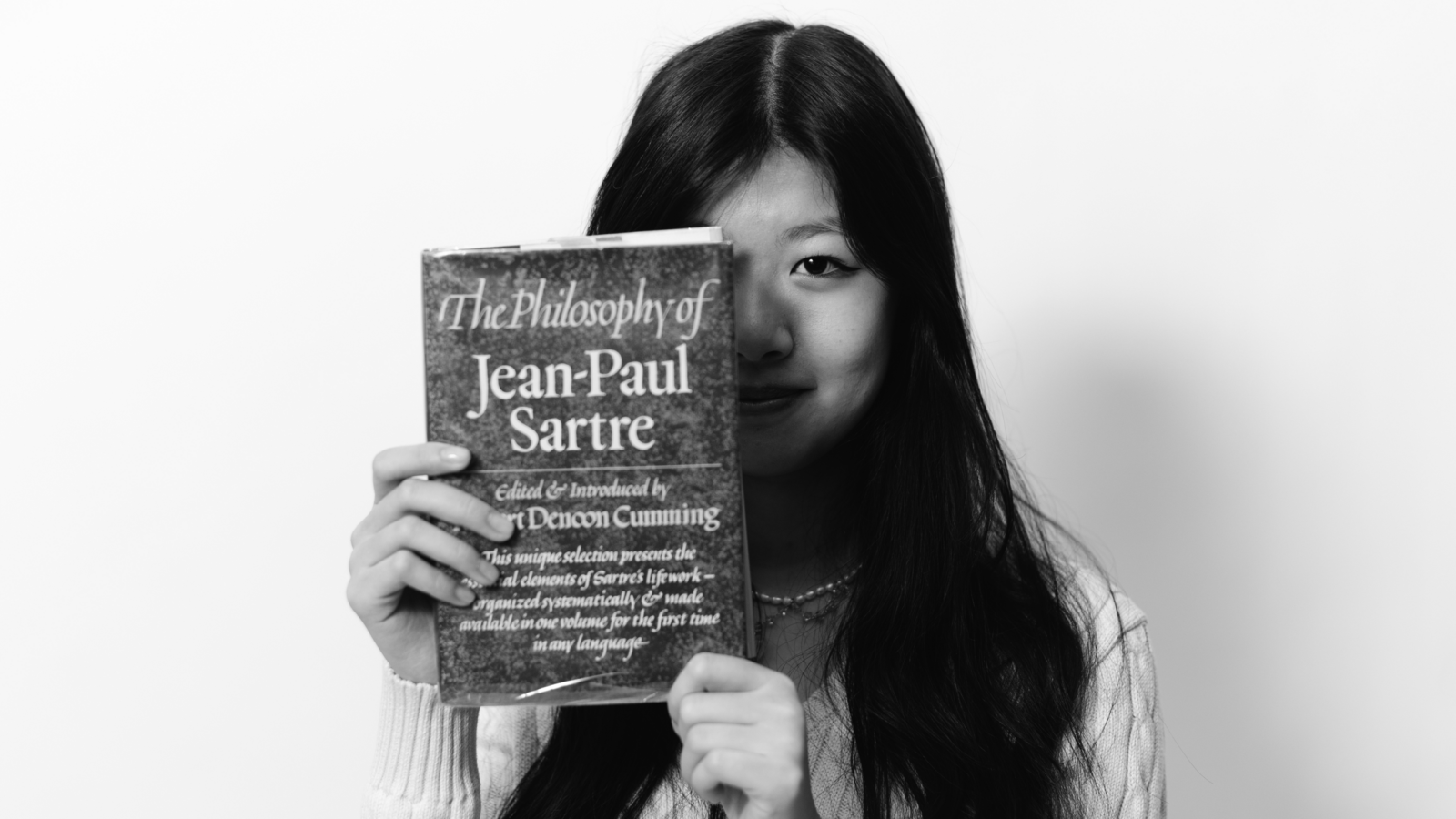The Scholar: Lauren Yee
The Project: The Illusion of Free Will: Rethinking Our Actions
The Essential Question: “Over the summer I took an intro to philosophy class at Tufts University, and I read about Frankfurt and Wolf’s ideas on free will and determinism, and I really wanted to expand on that by contrasting arguments on both sides, and I wanted to argue that free will and determinism are compatible. I really wanted, in addition to writing about the theoretical side of free will and determinism, I wanted to write about the real-life implications as well.”
Surprising Discovery: “I actually changed my mind and changed my thesis throughout this process, so I’ve always felt like I had free will and I always feel like I can make decisions based on my values and preferences, but as I was doing research I realized how much of our behavior is manipulated by external forces and our upbringing. It effects the trajectories of our lives much more than we realize. I realized that my faith in free will could even be cruel and unfair when it comes to personal choices and responsibility in the criminal justice system. It seems like the U.S. criminal justice system is the manifestation of this mindset. I feel like society is quick to blame criminals and slow to address systemic social issues that breed criminal behavior and prioritizes punishment over reform and rehabilitation. I feel that by acknowledging that we don’t have free will we could foster empathy and human connection, since we are all influenced by forces beyond our control.”
Biggest Challenge: “Definitely the hardest part was the sheer amount of reading and resources I had to look through. Philosophy is a difficult read and there were a lot of books about free will–it’s been debated since the beginning of time, there are so many books on it. I really had to condense them and hone in on a particular perspective and read specific chapters and excerpts that support my argument.
Tip for Future Scholars: “Definitely manage your time well. If you manage your time well and really split up readings into short chunks at a time you’ll get through it really easy and it’s not as hard as you think. Writing a 15 page paper seems so daunting at first but the class really helps you walk through it piece by piece. You have a research process, then a drafting process and then the writing process. So it gets done eventually and you’ll be very proud of yourself.”
If someone wanted to start learning about free will, what is the first book you would recommend them to read? “One book that was really helpful in summarizing a lot of free will arguments is Free Will by Derk Pereboom. He’s a professor at Cornell, and I reached out to him by email. He was super helpful. He sent me links to his books and I read through them. He explained it very concise terms that are easy to understand, so that was so helpful when I was first starting out on my project. It provides a really good overview of all the different schools of thought in regards to free will and determinism and libertarianism, so it was very helpful. That’s a good entry level book to free will.”


